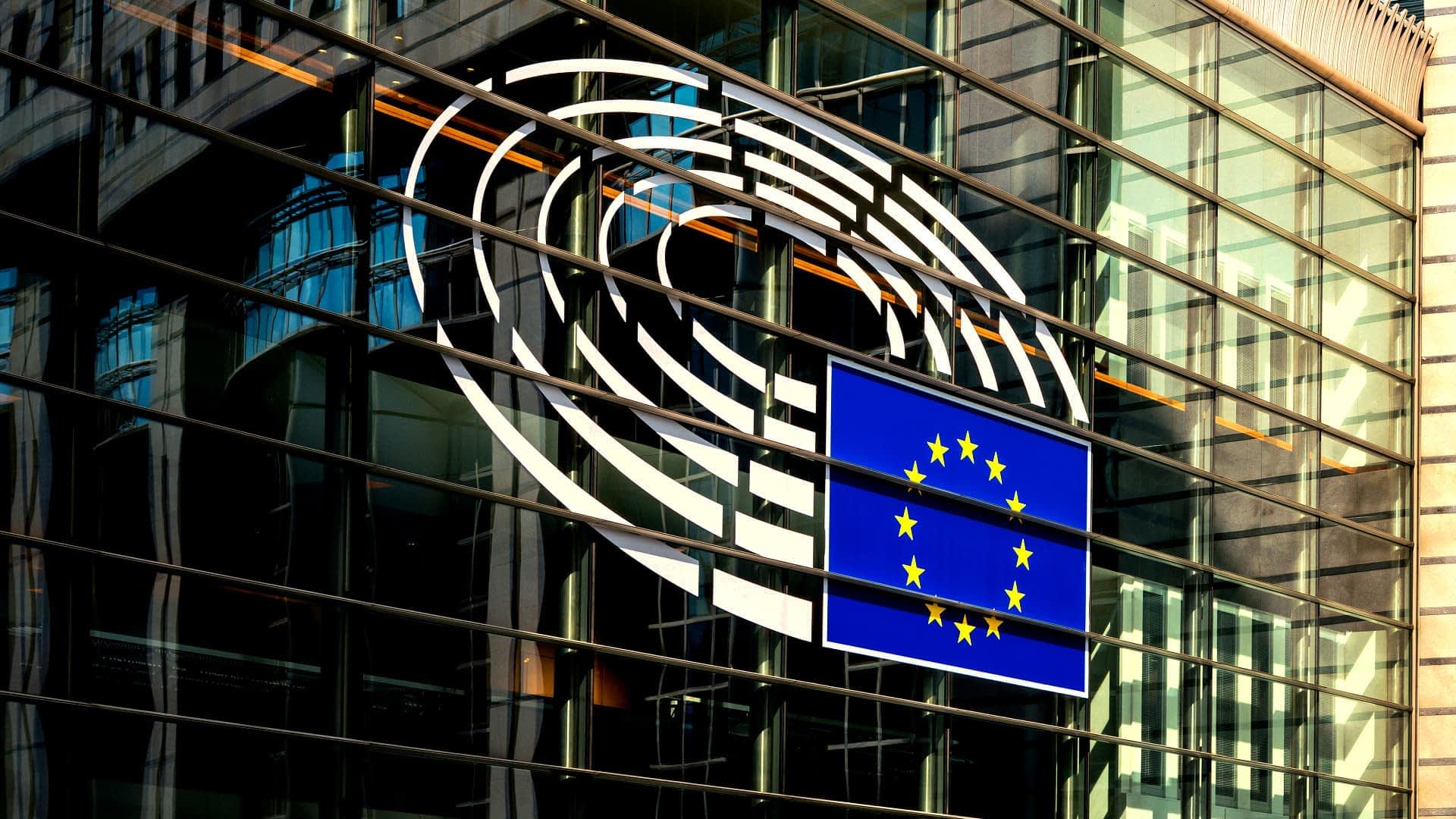The European Parliament has voted to approve the Common Agricultural Policy (CAP), the European Union’s massive subsidy program for farmers that makes up about one-third of its budget.
The agricultural deal is worth about €387 billion, of which €270 billion will be used for direct payments to farmers. Previous iterations of the CAP have been heavily criticized for giving more subsidies to large farms and agro-industrial companies.
(The CAP) will foster a sustainable and competitive agricultural sector that can support the livelihoods of farmers and provide healthy and sustainable food for society.
The new CAP will come into force on January 1, 2023, and expire in 2027.
Along with more fairly allocating money to Europe’s 6.5 million farmers, advocates for the CAP said that it also promotes sustainability in the agricultural sector, which is responsible for more than 10 percent of the bloc’s greenhouse gas emissions.
See Also:Only One Percent of Olive Growers Expected to Lose Funding Under Spain’s New CAP“Farming will be fairer and more sustainable,” said Norbert Lins, who chairs the European Parliament’s agriculture committee, calling it the biggest reform since 1992.
Speaking to MEPs in Strasbourg, France, as he welcomed the reforms, Janusz Wojciechowski, the European Commissioner for Agriculture said the CAP “will foster a sustainable and competitive agricultural sector that can support the livelihoods of farmers and provide healthy and sustainable food for society while delivering significantly more in terms of environment and climate.”
One of the ways in which the new CAP will help promote sustainability is by requiring that 22 percent of payments be spent on “eco-schemes,” examples of which include preserving biodiversity and restoring native landscapes, such as wetlands. By 2025, this figure is set to rise to 25 percent.
Another goal of the “eco-schemes” is to reduce the sector’s emissions by 10 percent.
However, the reforms were not embraced by all E.U. lawmakers as some felt that they still are not aligned with the interests of small-scale farmers and do not do enough to combat climate change.
Martin Häusling, an MEP from the European Green Party, went one step further and called the reforms are the beginning of “a dark day for environment policy and E.U. farmers.”
His sentiments were echoed by Michal Wiezik, a Slovak member of the center-right European People’s Party, who argued that the real winners of the CAP reforms were the “oligarchs.”
“The reform fails to tie into biodiversity strategies,” he said. ” This reform should’ve been the solution, not a source of the problem.”









